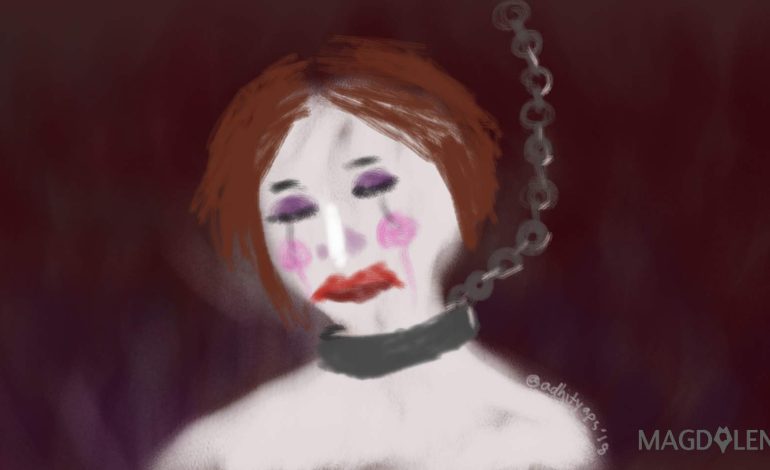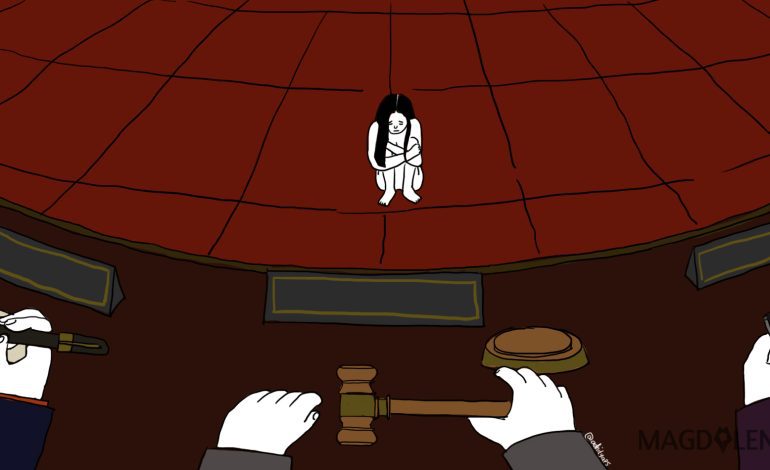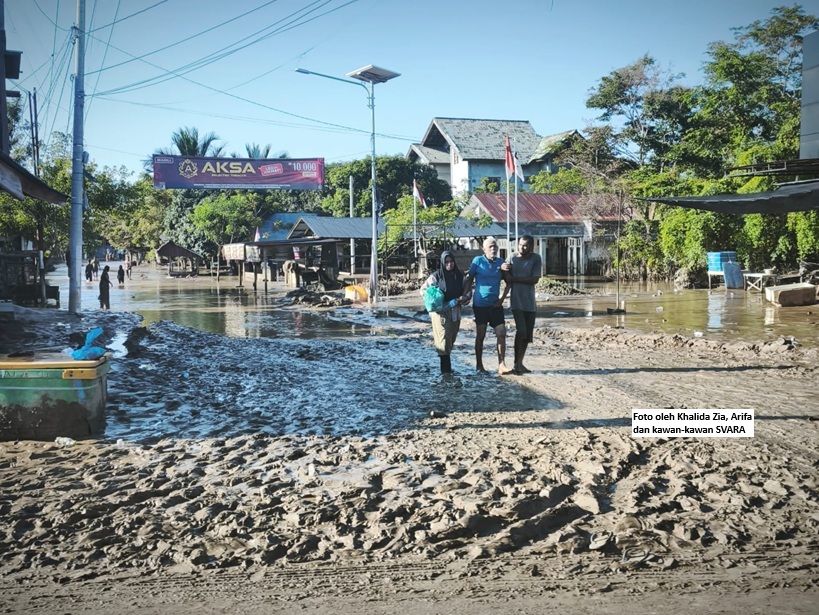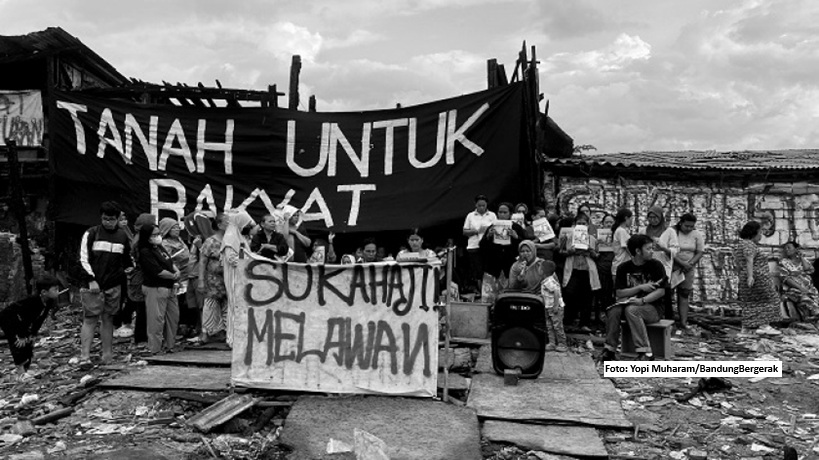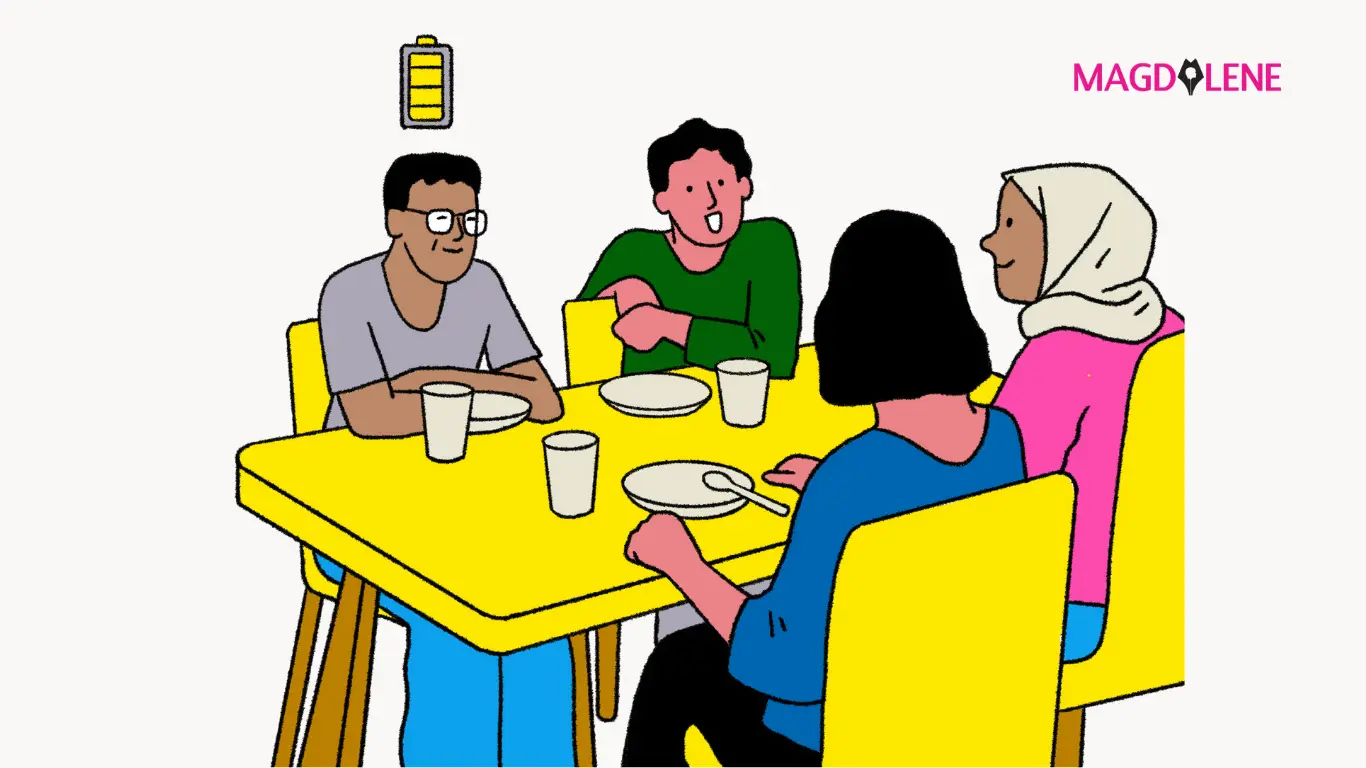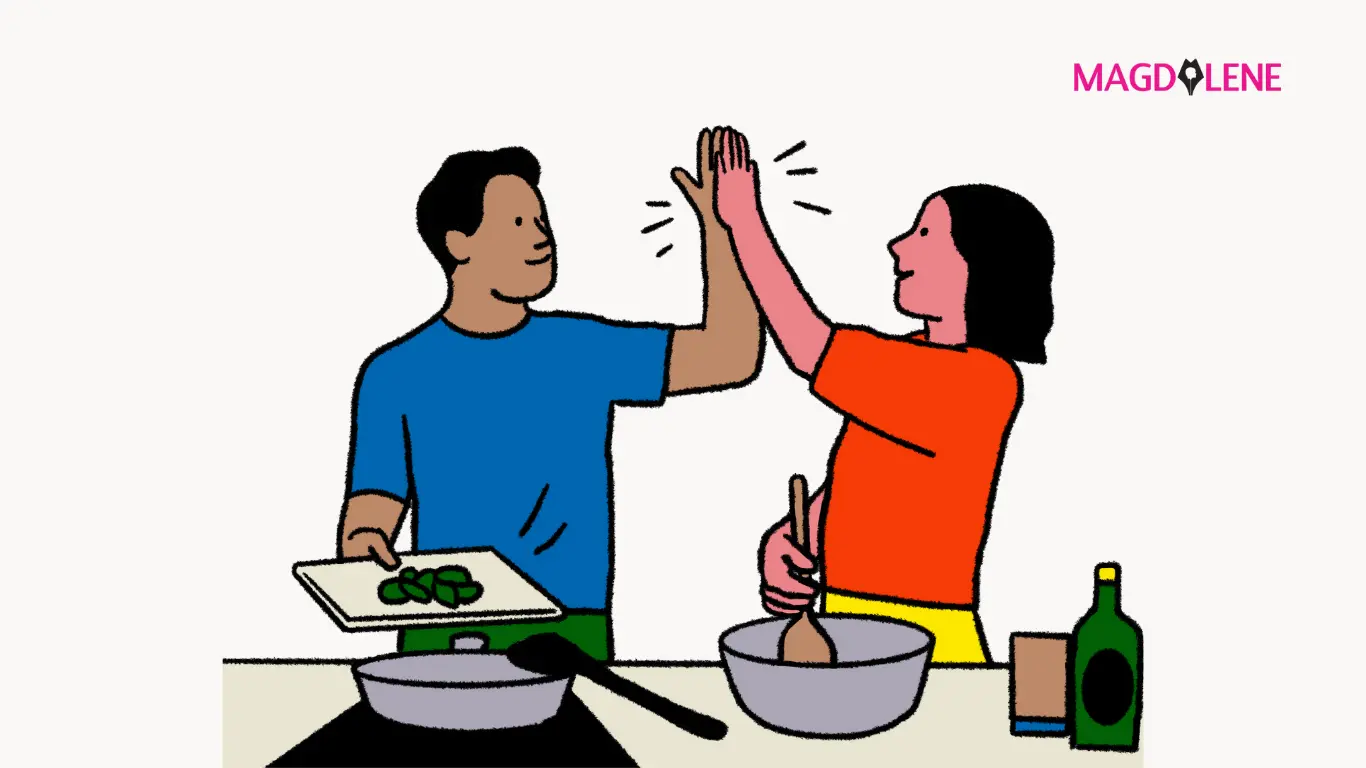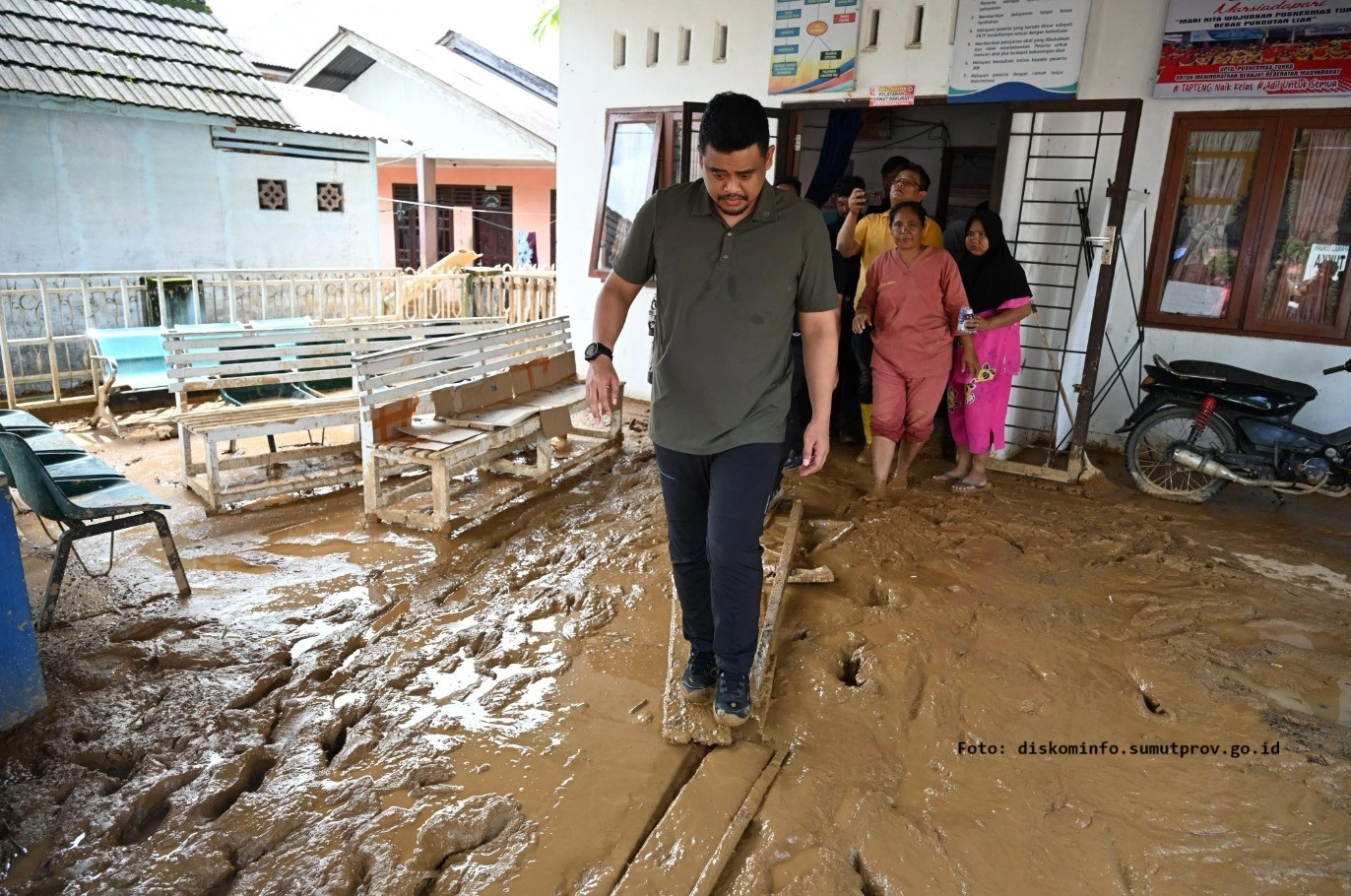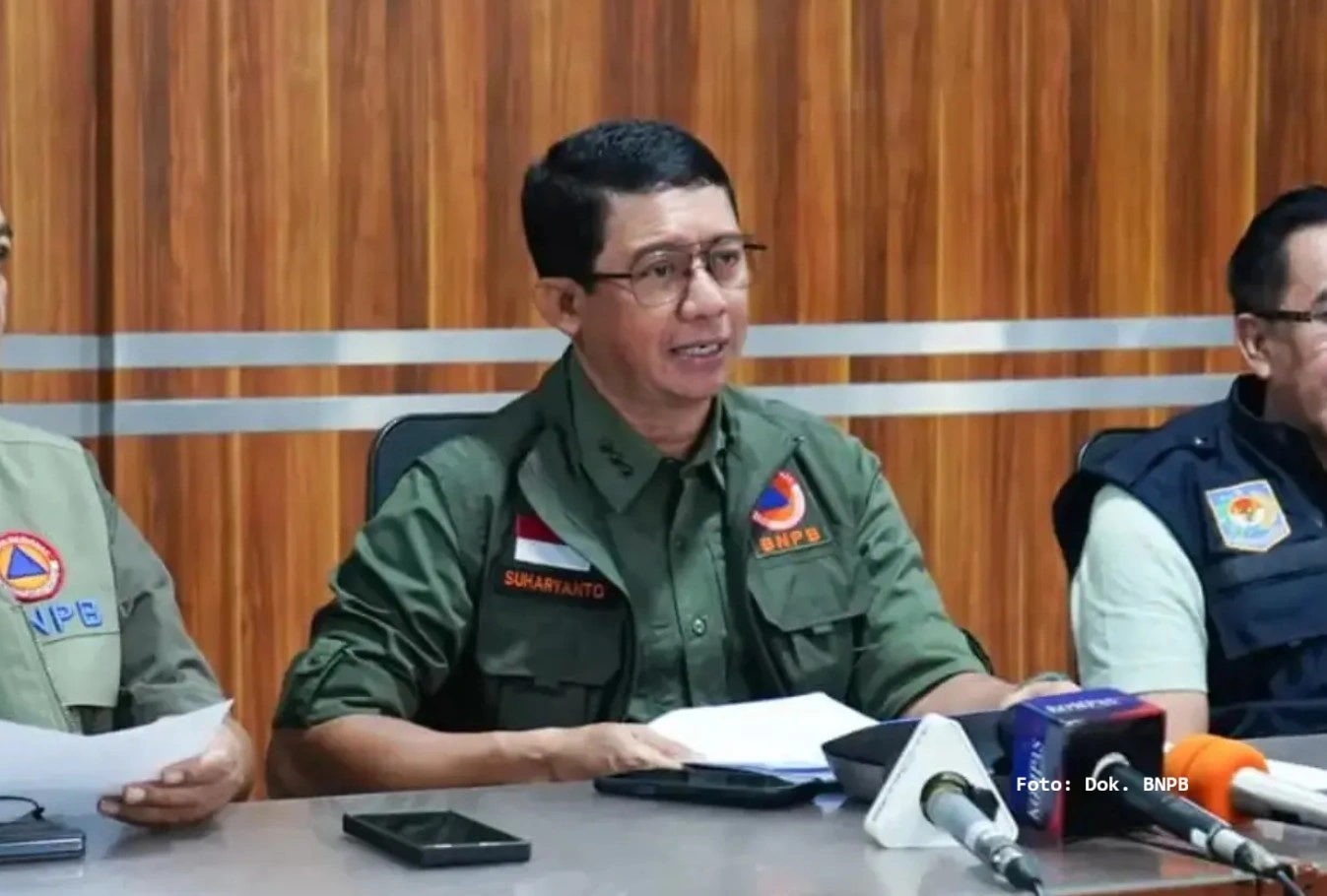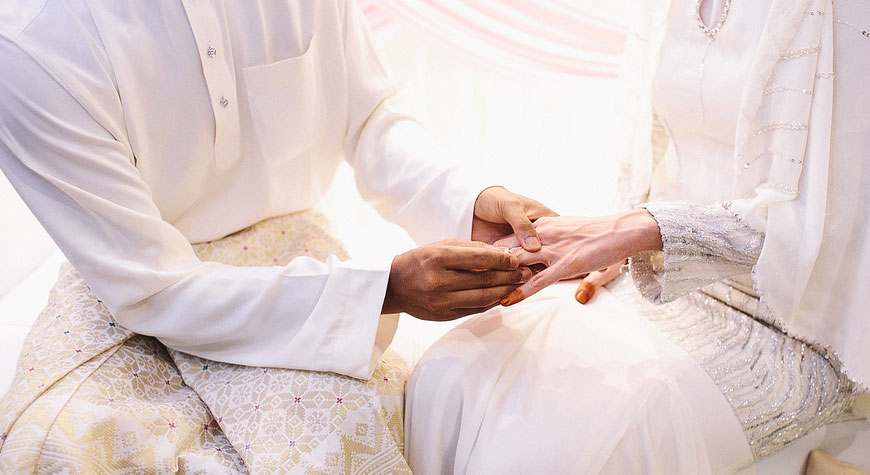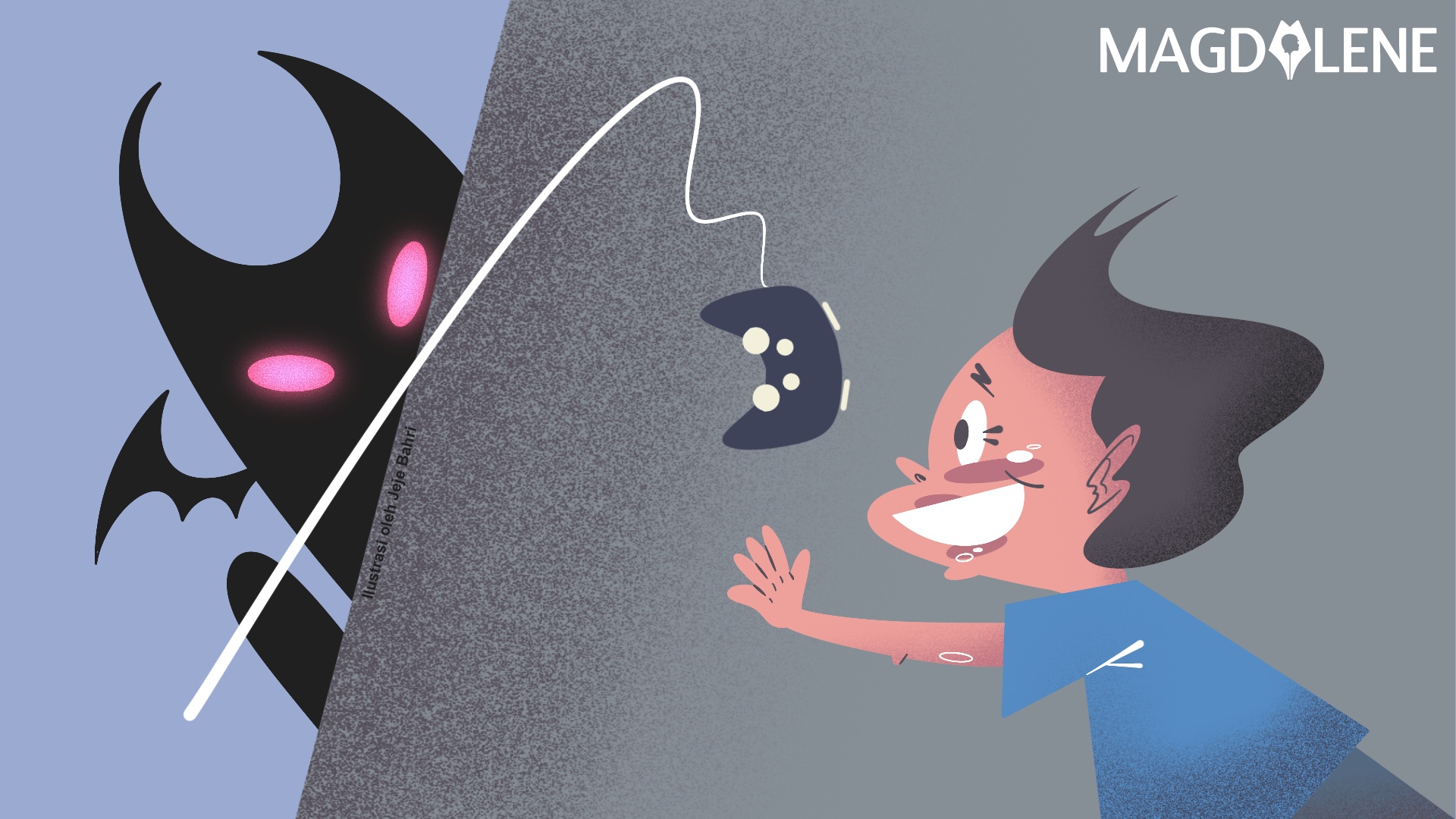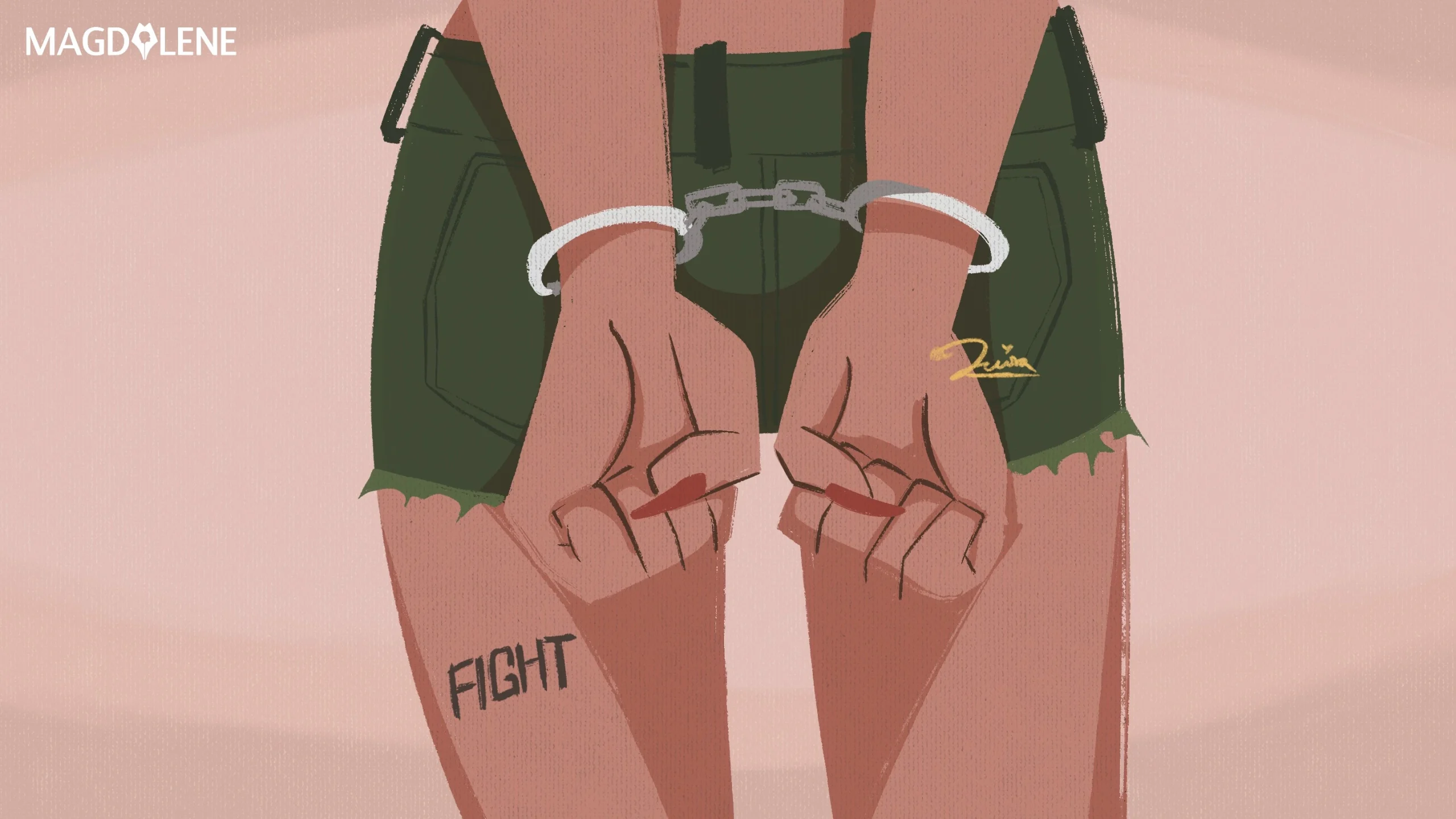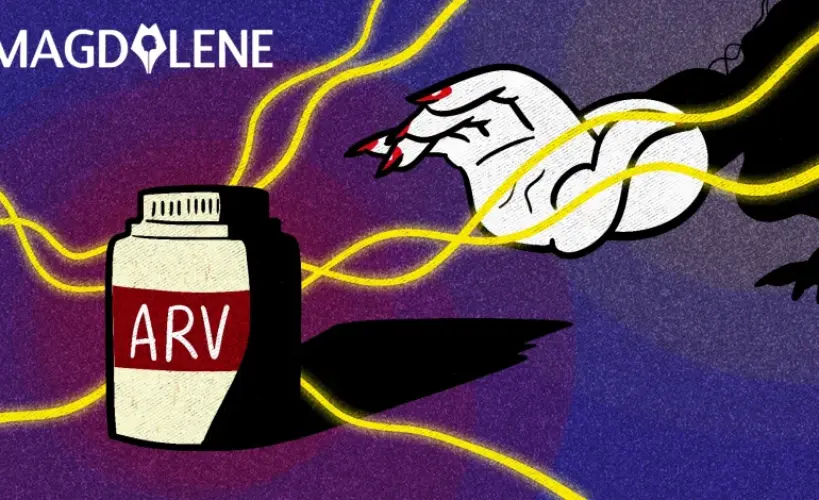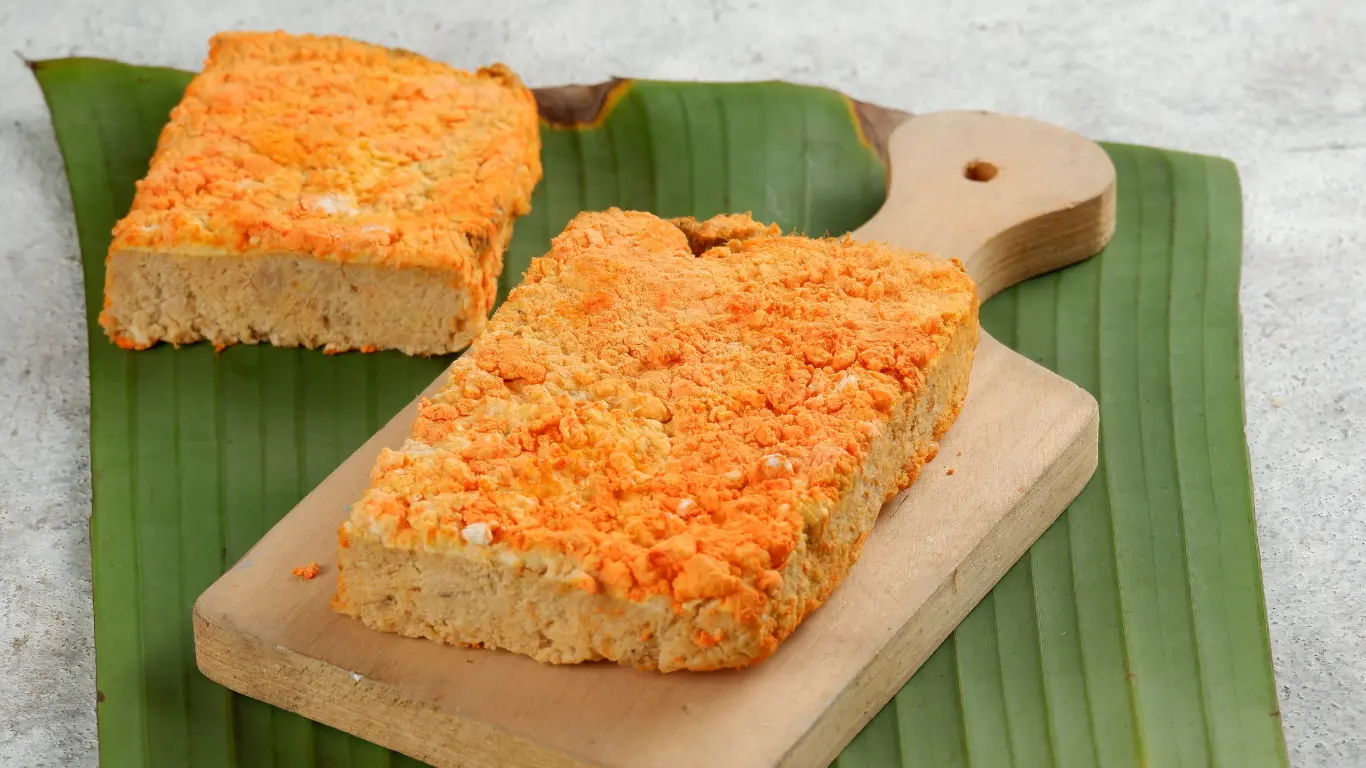Putu Oka Sukanta’s New Novel a Reminder of the 1965 Injustice
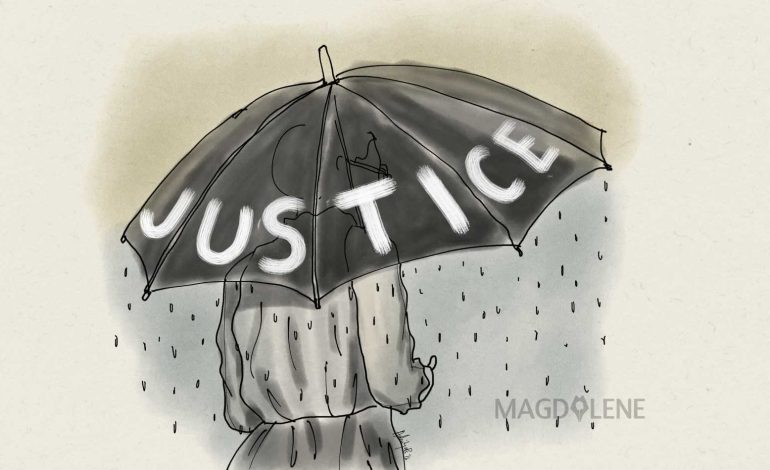
More than half a century has passed since the aborted coup blamed on the Indonesian Communist Party in 1965, and the Indonesian government continues to refuse to acknowledge its role in the human rights violations that followed against millions of people alleged to be communists. To this day millions of victims of the persecution and the violent crackdowns are still denied justice.
Against this backdrop, journalist, activist and former political prisoner Putu Oka Sukanta published his third book Celah (Gap) to complete his 1965 trilogy.
Celah features Piyo, who reminisces the turbulent time following the 1965 coup. The book tells of his encounters with people from his past life – former lovers and friends – and through the lives of the survivors. It does not only focus on the past but also on current time, with a cast of characters that include a prostitute, a gambler, and a person with AIDS.
During the book launch on Nov 5, Magdalena Sitorus, commissioner of the National Commission on Violence Against Women (Komnas Perempuan), described Celah by breaking down the title letter by letter. The letter “C” stands for cerita (story), “E” for evolution because it is an evolving struggle, “L” for long because evolution is long, and “A” is azab for punishment. The last leter “H” stands for hope.
“Together Celah stands for a story of a long-evolving struggle of punishment, but with hope that is kept alive,” she said.
Putu previously wrote Merajut Harkat (Weaving Dignity) and Istana Jiwa (Palace of Souls). They are all work of fiction, but is closely based on lives in Indonesia post-1965.
Dhianita Kusuma Pertiwi of the Bhinneka Nusantara Foundation commended the unique description of women in the trilogy.
“In the past, ‘a good life’ for women was if they stayed at home and depended on their husbands because they could not earn their own income. Putu broke this assumption. Women play strong roles in Putu’s novels,” said Dhianita.
Merajut Harkat portrays the hardships of life in the time of imprisonment without trials, both for the men who were behind bar and the women they left behind. The story tells of the love interest between Nio, a nurse of Chinese descent, and Mawa, an imprisoned teacher.
In Istana Jiwa, Maria, a medical student who is also active in political organizations, and her mother have to live with the abuse and stigmas attached to their family while her father is imprisoned for links to PKI.
“Usually victimhood is very strong in novels set during unjust times, but Putu tried to cover both sides in an honest way,” said Komnas Perempuan Deputy Chairman Yuniyanti Chuzaifa.
“Istana Jiwa also shows how the very people accused of being members of PKI are, in fact, religious people. They are Muslims, Catholics, Protestants, and so on. This is quite eye opening,” said Yunianti, referring to the long-held assumptions in Indonesia that communists are atheists.
Okky Tirto, editor in chief of the Humanitarian Creativity Institute, explained that the fight against forgetting injustice is a fight against the system. After 53 years, school textbooks still do not present the true version of history, failing to reveal the injustice that followed the events in 1965.
“It is then the sole duty of activists and artists to remind the people, especially the younger generations of what really happened,” he said.
“People who forget do not have history, which is so important to remember in our current political condition. If we do not know our roots, how will we know and earn our rights?” he asked.
Find out how religious conservatism and intolerance is weaponized for politics.
Angesti Citra Asih is an intern reporter at Magdalene and final assignment warrior at Universitas Multimedia Nusantara. Her favorite conversation topics are humanity and pop culture. She loves music, especially contemporary R&B like Teza Semendra and Honne, and enjoys playing ukulele and guitar.

